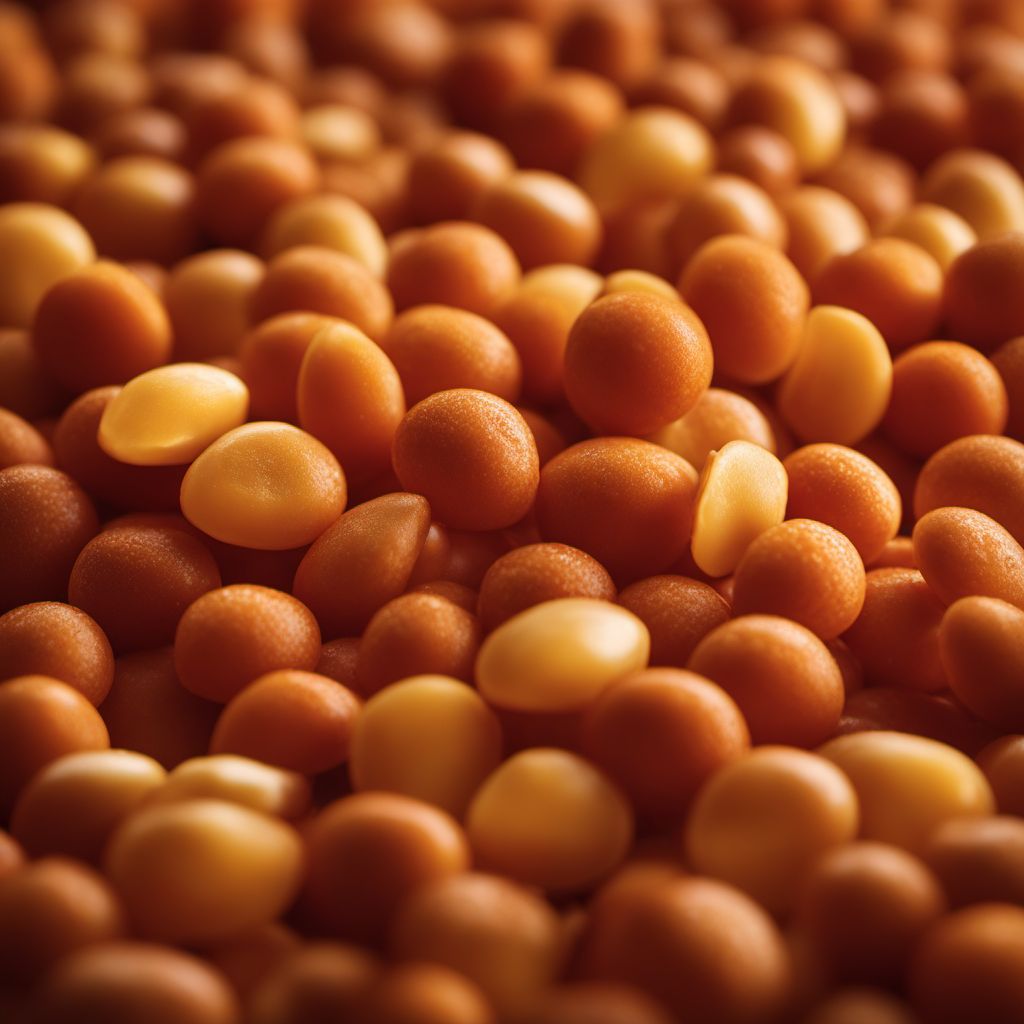
Ingredient
Vitamin B2 (riboflavin)
The Radiant Nutrient
Vitamin B2, also known as riboflavin, is a vital nutrient that plays a crucial role in energy production, metabolism, and maintaining healthy skin and vision. It is commonly found in various foods and is essential for overall well-being.
Origins and history
Vitamin B2, or riboflavin, was first discovered in the 1920s and is naturally present in many foods. It is widely distributed in both plant and animal sources, making it easily accessible for dietary intake. Its importance in human health has been recognized for decades, and it continues to be a key component of a balanced diet.
Nutritional information
Vitamin B2 is a water-soluble vitamin that provides essential support for energy metabolism, growth, and development. It also acts as an antioxidant, protecting cells from oxidative stress. A single serving of 100 grams of riboflavin-rich foods can provide approximately 100-200% of the recommended daily intake of this nutrient.
Allergens
There are no known allergens associated with vitamin B2 (riboflavin).
How to select
When selecting riboflavin-rich foods, look for fresh produce with vibrant colors, such as leafy greens, whole grains, and lean meats. Additionally, check the expiration date on any fortified products to ensure maximum potency.
Storage recommendations
To maintain the freshness and potency of riboflavin-rich foods, store them in a cool, dry place away from direct sunlight. It is advisable to keep them in airtight containers to prevent moisture and air exposure, which can lead to nutrient degradation.
How to produce
Vitamin B2 is not produced directly by individuals, as it is a naturally occurring nutrient found in various foods. However, it can be synthesized through industrial processes for use in supplements and fortified foods.
Preparation tips
To maximize the benefits of vitamin B2, it is best to consume it through a balanced diet that includes a variety of foods. Incorporate riboflavin-rich ingredients into your meals by adding leafy greens to salads, including fortified cereals in your breakfast routine, or enjoying lean meats as part of your main course.
Culinary uses
Vitamin B2 is commonly used in the culinary world as a natural food coloring agent, especially in baked goods, dairy products, and beverages. It is also a key ingredient in nutritional supplements and fortified foods.
Availability
Vitamin B2 is widely available in various foods, including dairy products, eggs, lean meats, leafy greens, whole grains, and enriched cereals.
More ingredients from this category » Browse all

Vitamin K (phylloquinone, menaquinones)
The Mighty Nutrient: Unveiling the Power of Vitamin K
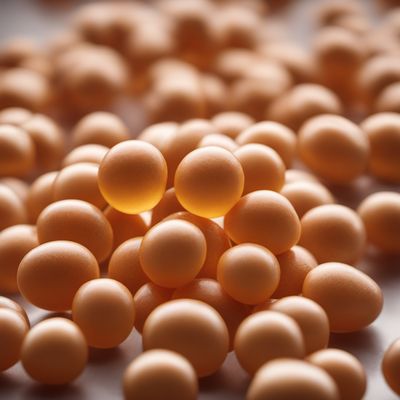
Vitamin B6 (pyridoxine, pyridoxamine, pyridoxal)
The Essential Nutrient Trio: Unveiling the Powers of Vitamin B6
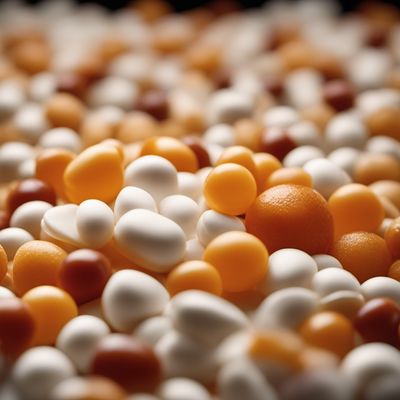
Vitamin B5 (pantothenic acid)
The Essential Nutrient: Unveiling the Power of Vitamin B5
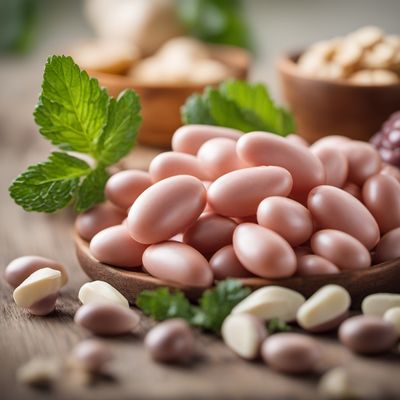
Vitamin B7 (biotin)
The Beauty Vitamin: Unveiling the Wonders of Biotin
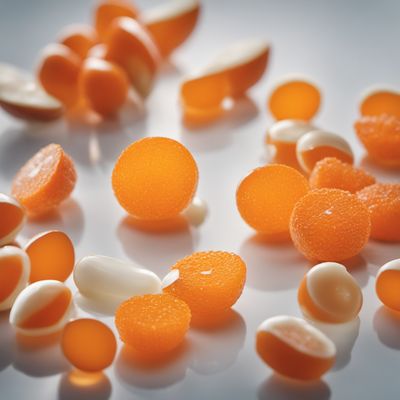
Vitamin A (retinol, carotenoids)
The Vision Booster
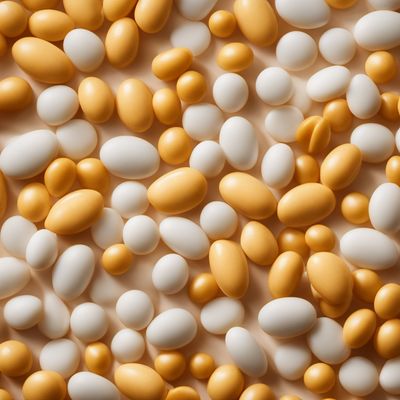
Vitamin B9 (folic acid, folinic acid)
The Essential Nutrient for Cell Growth and Development
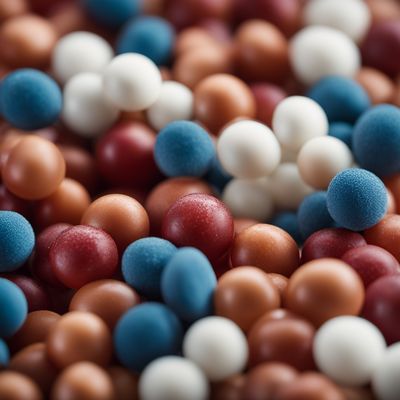
Vitamin B12 (cyanocobalamin, hydroxocobalamin, methylcobalamin)
The Essential Vitamin: Unveiling the Power of B12
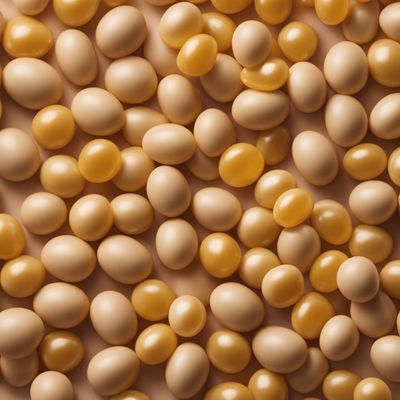
Vitamin D (cholecalciferol, ergocalciferol)
"The Sunshine Vitamin: Unlocking the Power of Vitamin D"
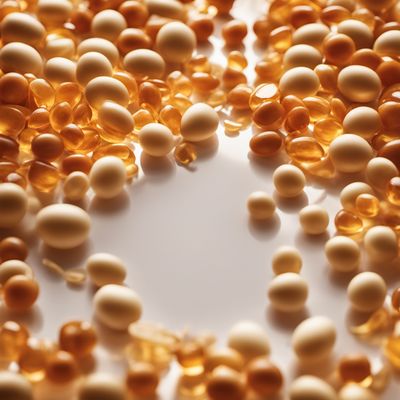
Vitamin B1 (thiamine)
The Essential Energy Booster
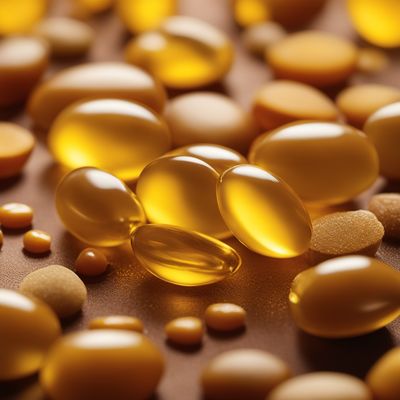
Vitamin E (tocopherols, tocotrienols)
The Antioxidant Powerhouse

Vitamin B3 (niacin, niacinamide)
The Essential Nutrient: Unveiling the Power of Vitamin B3
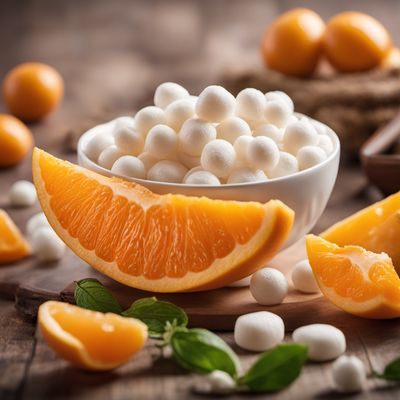
Vitamin C (ascorbic acid)
The Immunity Booster: Unveiling the Power of Vitamin C